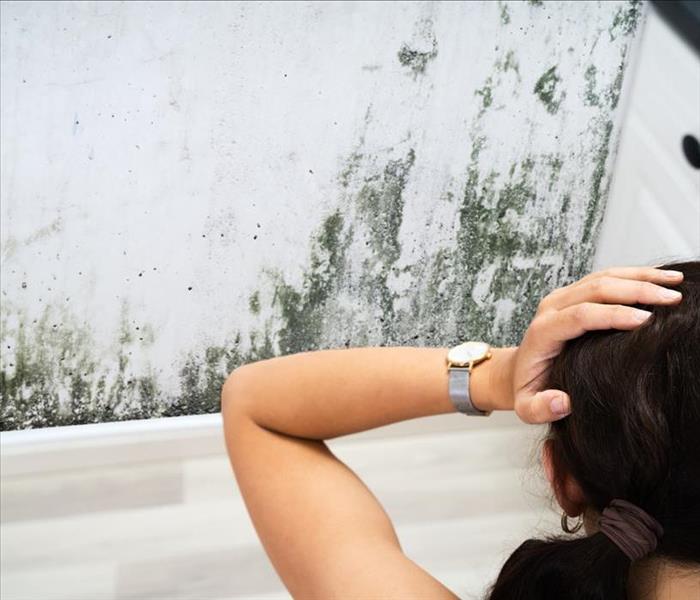Is Mold Damage Covered by Homeowners Insurance?
6/28/2021 (Permalink)
Most people would probably agree that insurance is a complicated subject. It can be anxiety-provoking trying to interpret exactly what your policy covers. This is especially true when you're trying to file a claim after sustaining damage to your Roanoke Rapids, NC, home. In the case of fungus growth, your understanding of your insurance coverage can become exceptionally muddled. Dealing with mold can be complex in itself because it can spread fast and needs immediate attention. Waiting on information about your mold coverage can be stressful, to say the least. Here's some information about mold damage and typical homeowners insurance policies.
Information About Mold Damage and Typical Homeowners Insurance Policies
What Determines Mold Coverage?
The amount and nature of the coverage for mold will vary from one policy to another. It usually depends on:
- The particular insurance company
- The specific policy
- The details of the peril
- The coverage limits
- The cost of the insurance premium
Mold damage is often not included on a standard homeowners insurance policy. Some carriers offer mold insurance as an add-on option, but the coverage will still be limited to specific instances.
What Is Likely to Be Covered?
The typical homeowners policy has a "covered peril and timing" section. This covers instances such as water damage that occurs as a result of a winter ice storm. Sometimes an attic can sustain water damage which leads to fungus growth. Attics aren't typically high-traffic areas of a home, so mold growth can go unnoticed, causing more damage. An adjuster might deem this a suitable situation for coverage.
What Is Unlikely to Be Covered?
Mold damage resulting from several issues will generally not be covered by a mold claim. Mold is considered secondary damage meaning it can usually be mitigated or avoided if restoration begins quickly. Therefore, mold damage resulting from perils such as a sewer backup or a flood probably won't be covered.
Mold restoration professionals have the expertise to help you file the claim. With this assistance, you can be confident that you'll receive as much compensation as possible for the needed fungus growth remediation.




 24/7 Emergency Service
24/7 Emergency Service
